Support of Same-Sex Marriage & Adoption
The legal status of same-sex marriage and adoption
Same-sex relationships have been legal in the UK for nearly 50 years, and over that period, progress has been made towards creating an equal standing for those same-sex partners. The government first offered civil partnership contracts to same-sex couples as an 'alternative' form of marriage, but many couples felt that it was a poor stand-in for the status and legal standing offered to heterosexual couples through marriage. Since 2014, marriage is now permitted between same-sex couples in England, Wales and Scotland. Northern Ireland has said that it will not be introducing the legislation into the country.
Same-sex adoption has seen the same level of slow, creeping, progress. Adoption by same-sex couples has been legal since 2002, but in fact that legislation required that couples be married, meaning that in practice same-sex couples were not allowed to adopt. The rules were changed in 2007 to include single persons and non-married couples, but stress was placed upon meeting adoption demand, and gay adoption was negated. The Sexual Orientation Regulations act of 2007 had prohibited discrimination against gay couples, excluding the Catholic Church adoption agencies, who were successful in appealing this Act in 2010.
Current opinions on gay marriage
The creation of legal same-sex marriage was opposed by many MPs and political commentators, who quoted surveys which seemed to indicate that the general public were opposed to the idea of gay marriage. These surveys are still promoted as the only polling of the public's opinion on this issue, but in fact there has been several surveys, both before and after same-sex marriage was legalised, which make it clear that the majority of the public do support gay marriage. An ICM poll in 2012 showed that 62% of the public supported legalisation, and only 31% opposed it. A MORI poll in 2014 showed that 69% of those asked supported gay marriage, while 28% are opposed. Perhaps the most significant factor in the MORI report is that 61% of Conservative supporters and 51% of UKIP supporters polled support same-sex marriage. This is a turn-around from 1975, when similar questions were posed, only 16% supported gay marriage, and only 40% agreed that gay couples should be able to live together without harassment.
The main differences in same-sex marriage support seem to lie with generational, rather than political gaps. Young people, between the ages of 18 and 35, have an 88% support rate for same-sex marriage, while 43% of those over 65 support same-sex marriage.
Current opinions on same-sex adoption
Same-sex adoption is an equally controversial subject, with the majority of people opposed to adoption in the early years after the legalisation of same-sex relationships. The current trend appears to be towards a more positive acceptance of same-sex adoption. Current estimates suggest that around 55% of people believe gay people should be allowed to adopt. The British Social Attitudes survey of 2007 shows that adoption is split along religious lines, with 32% of Anglicans, 38% of Other Christians, 41% of Catholics and 52% of Not Religious people accepting marriage. It also suggests that Anglicans are well behind the progressive moves of Catholics, despite the fact that Catholic adoption agencies oppose same-sex adoption.



















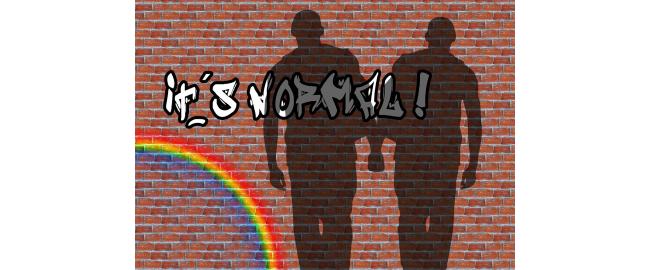

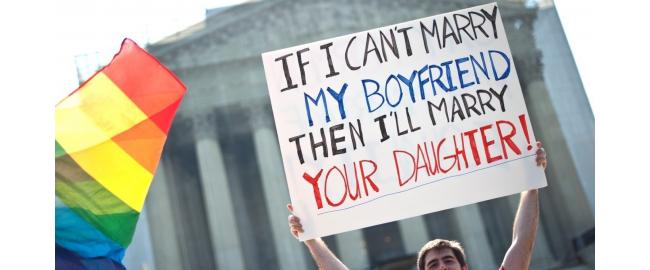
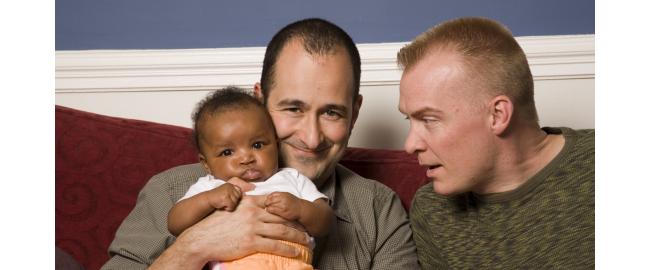

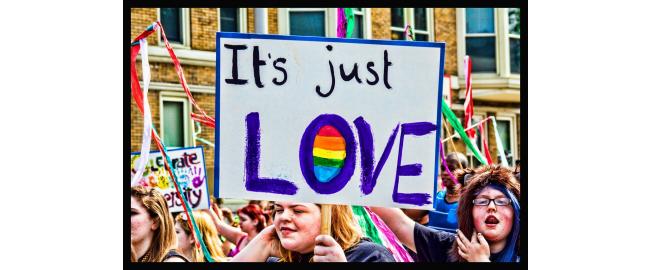
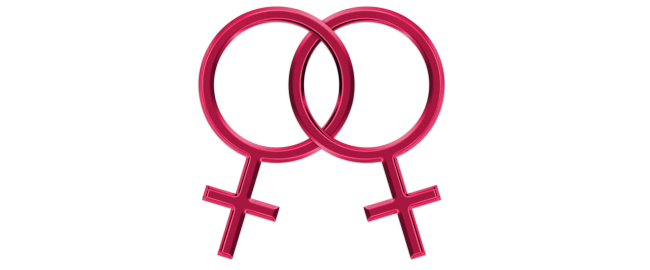
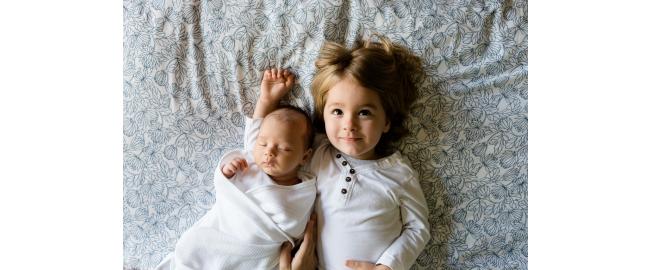
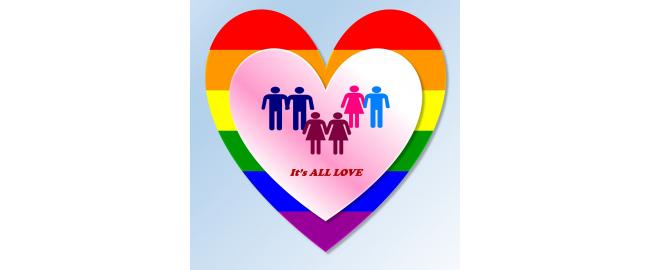

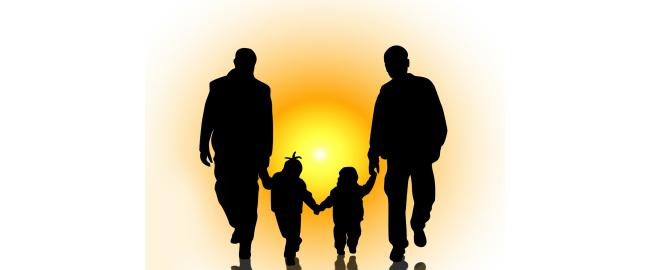


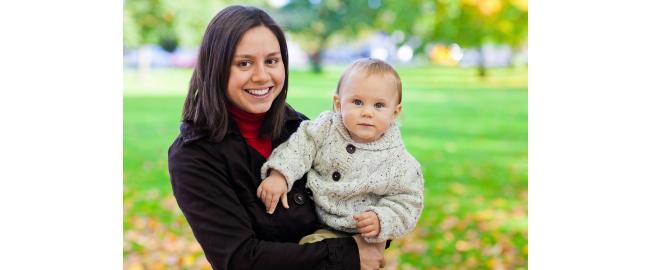
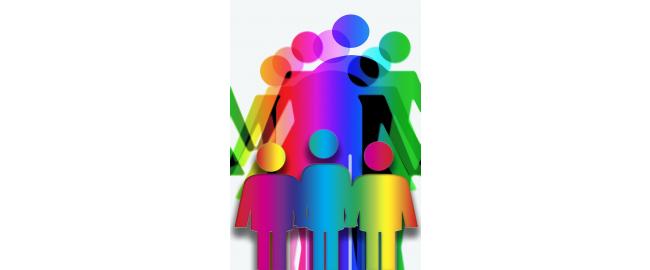
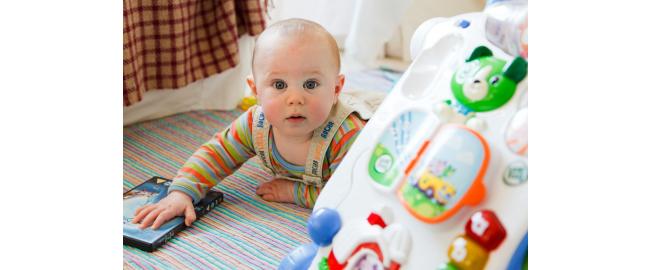
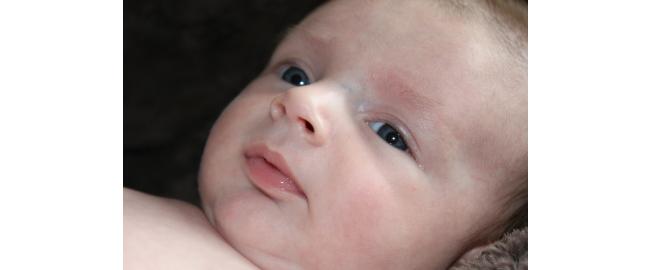
Comments